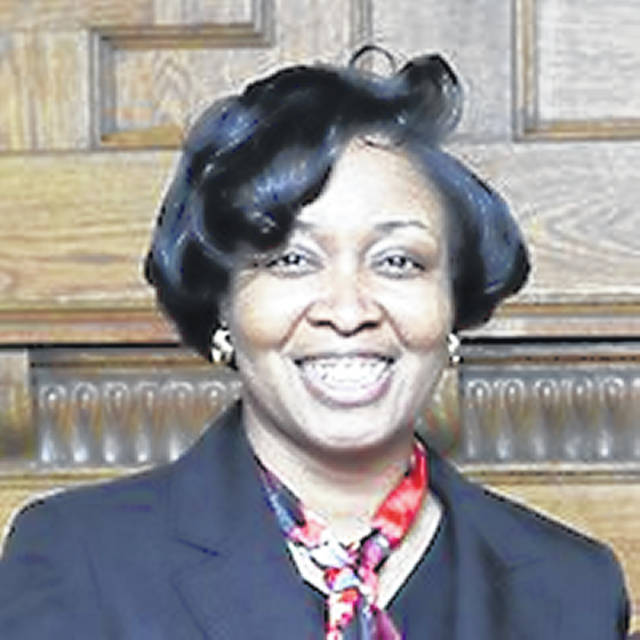The Pew Research Center has been tracking how the COVID-19 pandemic affected attendance at religious services since 2020, and I have been closely following their survey results out of personal interest as an earnest churchgoer and worship leader.
In March, Justin Nortey and Michael Rotolo published a Pew report that included results from their November 2022 survey of 11,377 U.S. adults. One key finding that was not surprising to me was that many respondents stated their church attendance had declined when asked if they now participated in services “more or less often than they did before the pandemic.”
Nortey and Rotolo indicated that measuring attendance now also comprises those who worship virtually, which includes streaming online or watching on television. Overall, they found that since their July 2020 questionnaire, roughly 40% of participants had shown up to regular church services. While attendance did increase somewhat after churches reopened as COVID rates declined, in-person worship numbers have “plateaued.”
When reflecting on how my church attendance was impacted during the beginning of the pandemic, I remember this being quite a scary time. My pastor is older, and I was concerned about her health, along with the welfare of the elderly members of my congregation who were most vulnerable to illness. We shut down our services for a little over a month as a health precaution, and I wrote in my 2020 Easter column that the coronavirus had been “a gut-check for me as a Christian.”
Being three years removed from COVID, I often ponder those words because I also think that the pandemic shutdown was an opportunity for believers to reassess their spiritual walk, in addition to pastors and church leaders reevaluating how they were ministering the Word of God. I think the latter is particularly important due to an observation in recent Pew and Gallup polls that has remained constant, which is churchgoing steadily declining among young adults.
In their Pew study, Nortey and Rotolo asked respondents if they had attended church services in the previous month, which would have been October 2022, and almost 7 in 10 adults under 30 had not “participated in religious services of any kind.”
It is well known that many older Americans are devout in their faith. An intriguing study for younger adults who have not consistently attended church but who sincerely want to seek God in their lives would be to survey them on what they consider is most needed in developing an intimate relationship with Christ.
Basically, what do they need from worship services and Bible study to help them understand and apply the teachings of Scripture? What types of Kingdom work are they interested in doing? What will make the Word vibrant for them?
Hebrews 4:12 says that “the word of God is living and active and full of power (making it operative, energizing, and effective)” (Amplified Version). Young people do not like anything dead or dry, as they will quickly lose interest. Church services should be exciting and invigorating for them so that their participation is encouraged.
An example of an “energizing and effective” teaching for younger church members is a recent Bible study series on the soul that my pastor gave toward the end of May. This teaching included a detailed breakdown of the mind, the will and the emotions.
Some of the major points regarding the mind that our Bible class focused on were right thinking, wrong thinking and foolish thinking, and how each of these affect our decision-making. We discussed how the will can guide us in making moral choices, and for emotions, my pastor beautifully pointed out that “you can receive peace and strength in God’s presence” by expressing how you feel toward Him. I believe this study would resonate with many young adults since struggles with anxiety and depression are at the forefront of their generation and tug at their mental well-being.
As I continue to follow Pew studies on church attendance, I am hopeful that more people will return in person and that there will be a future increase of young adults in services on Sunday mornings.
The low percentages of young adults in church reveal that more outreach is needed for this age cohort. Church needs to come alive for them so that they can receive what they need in ministry.
Dr. Jessica A. Johnson is a lecturer in the English department at The Ohio State University-Lima. Reach her at [email protected] or on Twitter @JjSmojc. Her opinion does not necessarily represent the views of The Lima News or its owner, AIM Media.







